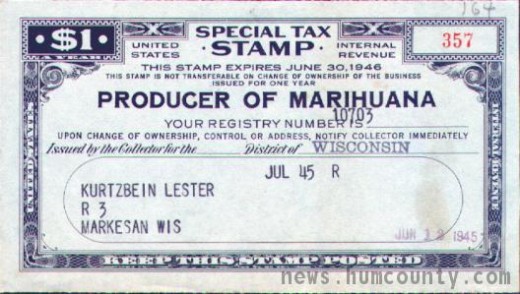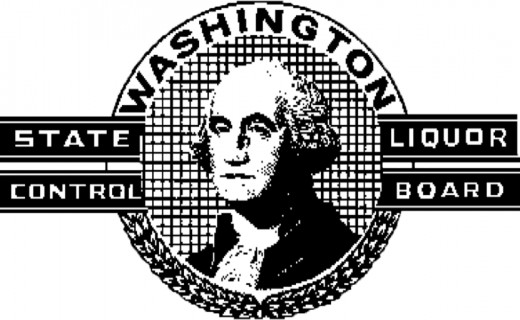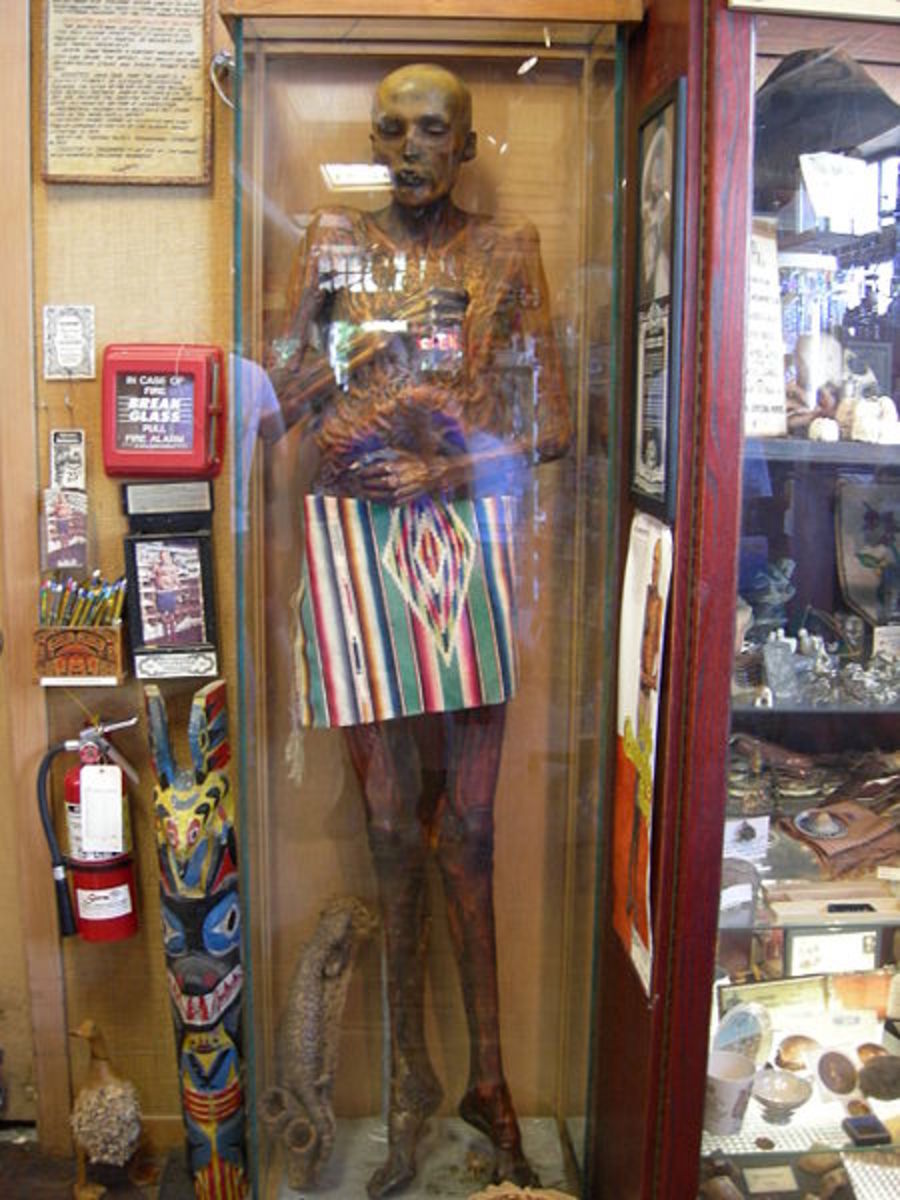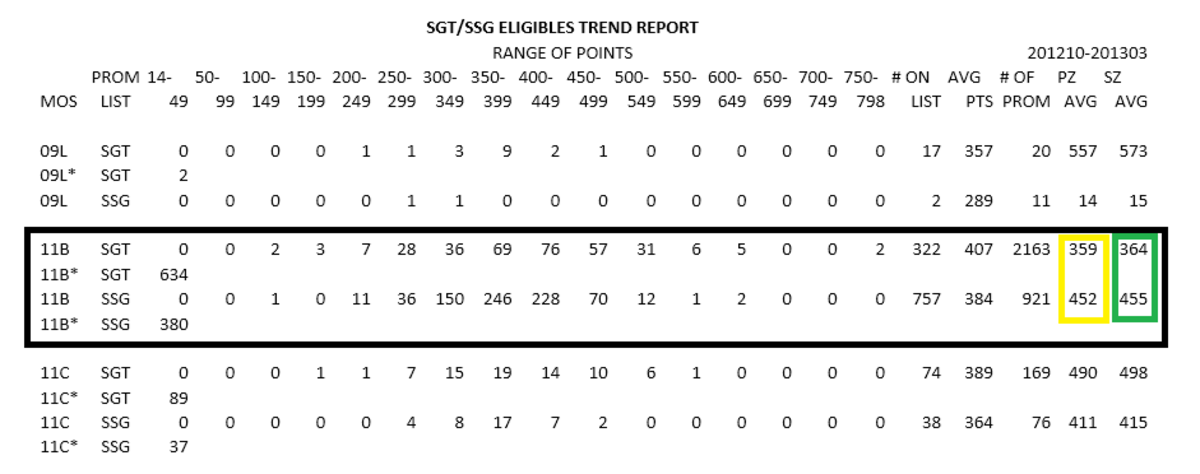Legalized Marijuana In Washington State Part I: Licensing Defined

Initiative 502
On November 6, 2012, Barack Obama was re-elected president, the first openly gay senator was elected into office, and in Washington State, same-sex marriage was legalized. Each of these were a beautiful thing, and something we should celebrate as a step forward in thinking. One other historical moment happened on November 6. In Washington State and Colorado, marijuana was voted to be legalized.
This has been a long struggle, and a very divided issue. Many oppose it with concerns of reckless drivers, and no way to accurately test the level of intoxication. Some are worried because it is considered the gate way drug. Some don't fully understand what it is about, and believe it is something like what is portrayed in the 1936 propaganda film Reefer Madness, which portrays users of the herb to be sex-crazed murders.
I can assure you now, with no opinion attached, that the latter is not the case.
What was passed on November 6 was initiative 502, a 65 paged document which re-writes the laws in regards to marijuana possession, distribution, processing and consumption.
- Initiative 502
This is the re-write of the marijuana law which has now passed in Washington state

To Be Licensed
What was passed on November 6 was initiative 502, a 65 paged document which re-writes the laws in regards to marijuana possession, distribution, processing and consumption. The first third of the bill talks about what it means to become licensed, how much it is to be licensed and so on. It says that in order to sell, produce, process, grow, etc, marijuana, one must obtain a license at the price of $250, but does cost $1,000 a year to maintain. There is a separate license on each level - a grower's license, a processor's licence, a producer's license, etc. Each cost the same and require the same annual fee. A producer cannot have interest in a retail outlet which carries the product produced, likewise the processor shall have no interest in the producing or distribution of marijuana, marijuana infused products, or likewise. This means a grower cannot own a shop which carries their product, just like a person making tinctures cannot sell said tinctures to the public without going through a shop, which they cannot own or be partial owner. The Liquor control board will be the organization which determines who gets a license or not. When determining whether or not to accept an applicant, they consider criminal history, which allows them to access any police records the applicant may have as well as a submission of fingerprints, though the latter will only be required if they find something in the background check that does not quite comply to the licensing guidelines.
Individuals applying for a license of any form in regards to marijuana, must be 21 or older, and must have lived within the state for at least three months. Should they be denied a license for whatever reason, the applicant can apply for a hearing to argue the decision.
Any Marijuana produced must be submitted to the Liquor board for analyzing. If the sample meets standards, then the product may sold to the public. If it does not meet the standards, then the entire crop will be destroyed along with the sample. The standards which will be set by the Liquor control board by December 1, 2013 will be based on the potency,
Any retail outlet, place of processing, place of producing, cannot employ any one under the age of 21, though from what I gather, employees must work under someone who is licensed, but do not need to be licensed themselves.
Any licensed premise which produces, processes, or distributes marijuana has to be at least 1,000 feet away from the perimeter of any elementary school, secondary school (middle school), playground, recreation center or facility, child care center, public parks, public transit center or library or game arcade in which the age limit is not restricted to adults that are 21 or older (stated in Section 14).
"I-502" Initiative 502 - Washington

The Washington State Liquor Control Board's Responsibility
By December 1, 2013, the Washington State Liquor Control Board must establish the procedures and criteria necessary to implement what the exact requirements are to obtain a license, the maximum number of retail outlets which can be licensed in each county based on the population, security and safety issues, and provision of adequate licensed sources. Basically meaning that if there is a larger population in a county, then they need to issue enough licenses per producer/processor/distributor to compensate each producer/processor/distributor. So to ensure that a grower isn't over run with 18 different retailers, the state needs to make sure that there are enough growers. Or if there are too many growers, the state needs to make sure enough licenses are issued so they have some place for their crops to go.
The Liquor Control Board also needs to determine the maximum amount a producer/processor/distributor can have in their licensed facility, as well as determine prices which comply with licensing ability while still under cutting prices on the black market. So essentially meaning that the process marijuana are distributed at making enough to make the licensing worth it as well as the taxes, but still make sure that it's more worth it for the public to go through these legal outlets instead of under the table dealers.
The WA LCB will also be responsible for figuring out how marijuana, infused marijuana products and similar can be packaged and stored in a safe and sanitary manner, as well as what will be acceptable labeling - such as how it was grown, what strand it is, how it can be classified and so on. It will also be responsible for providing accurate and scientific information about marijuana. It will be responsible for determining classes of marijuana based on its THC content, grade, condition and other qualities.
How marijuana is transported and advertised and during what times will also be determined by the LCB by the first of December. The goal of this is to limit the exposure of marijuana to those who are under the age of 21 so as not to encourage them.
The Liquor Control Board shall also have no members in it which have any involvement with the producing, processing or distribution of marijuana, licensed or not.
Go on to Part 2: Legalization of Marijuana in Washington State Part II: Retail and Possession





